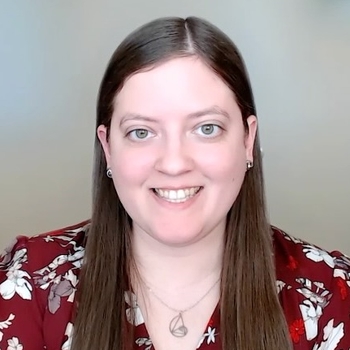Neurological Disorders
Challenge:
A neurological disorder is any disorder of the nervous system. Structural, biomechanical or electrical abnormalities in the brain, spinal cord or other nerves can result in a range of symptoms.
Technologies Available/Used:
- Neural interfaces
- Neural probes
- Sensor arrays
- Prosthetics








